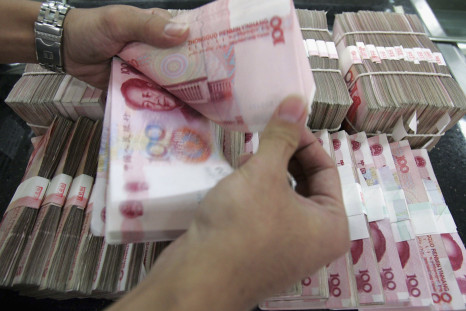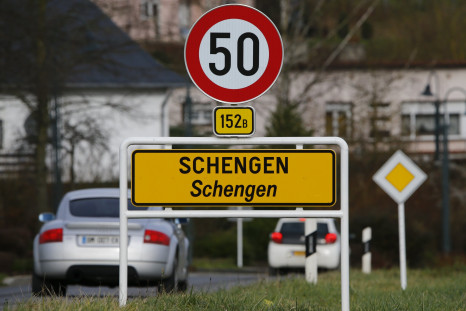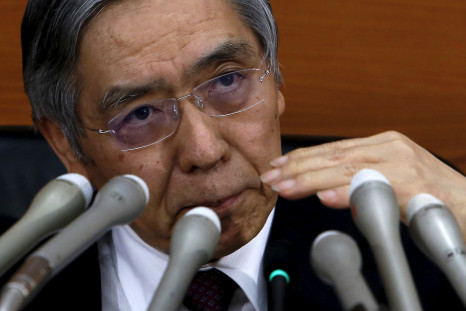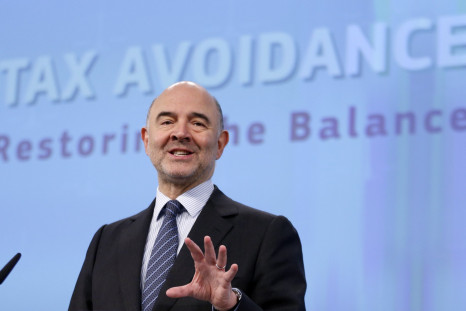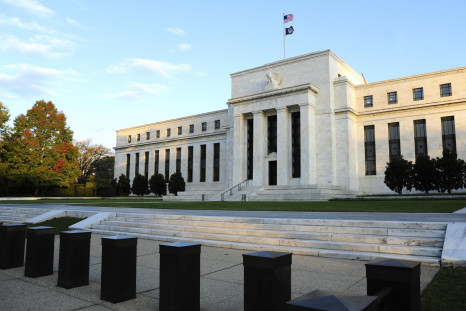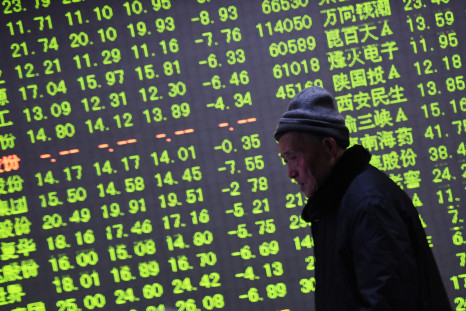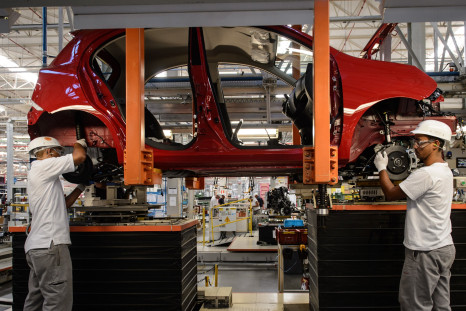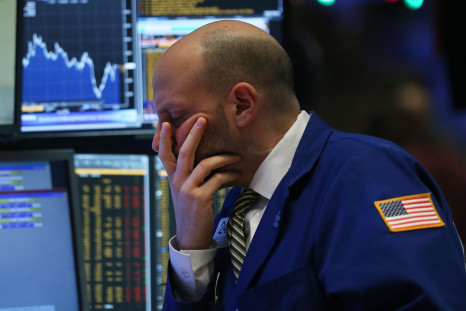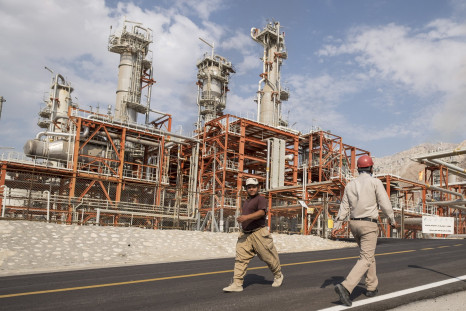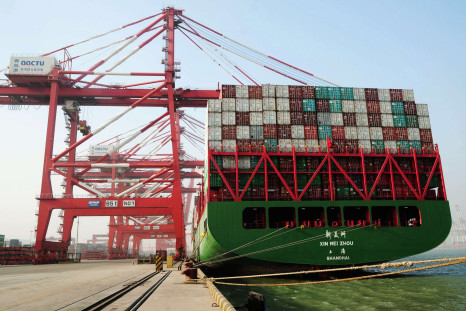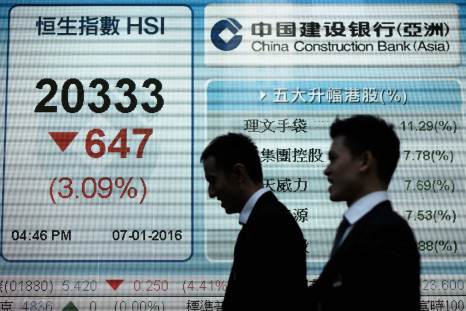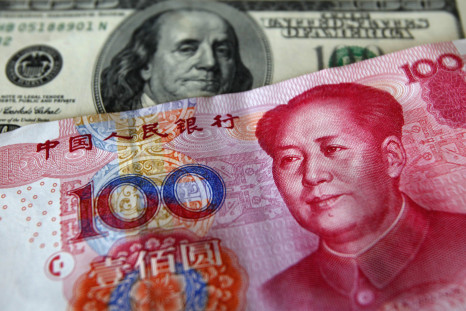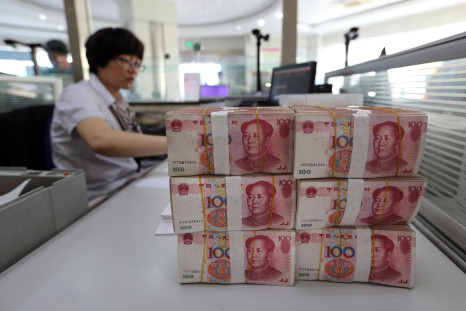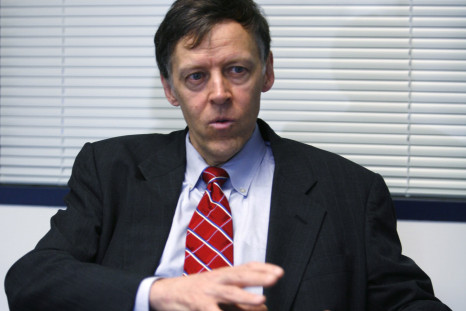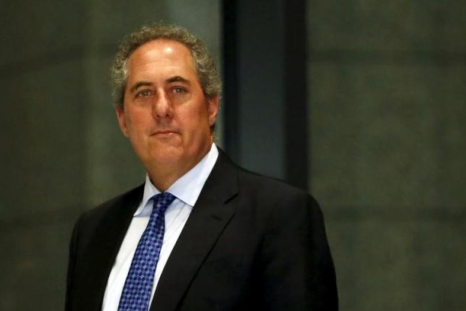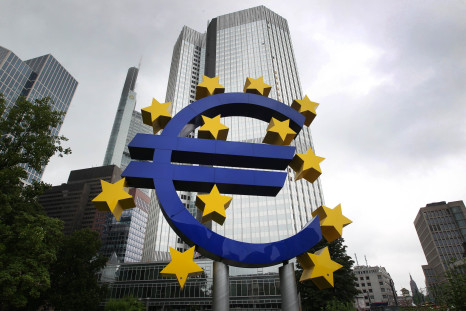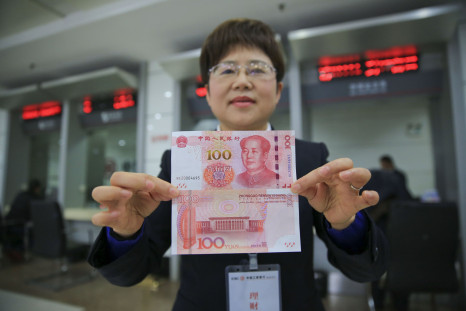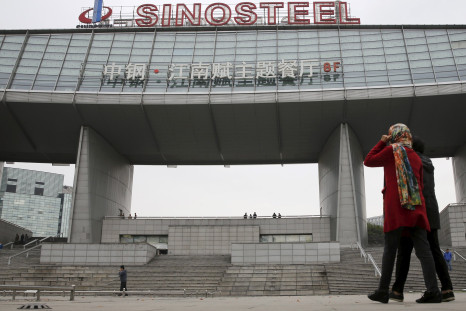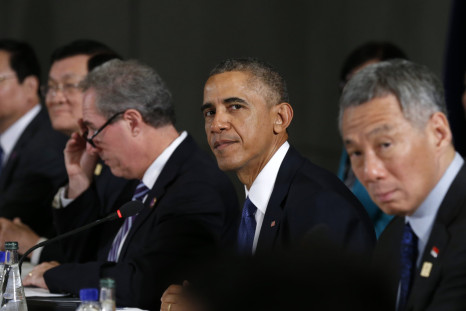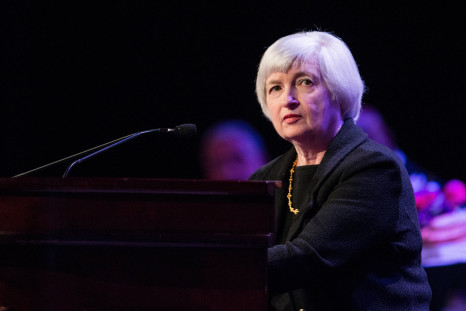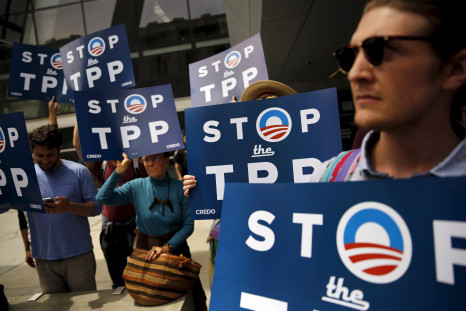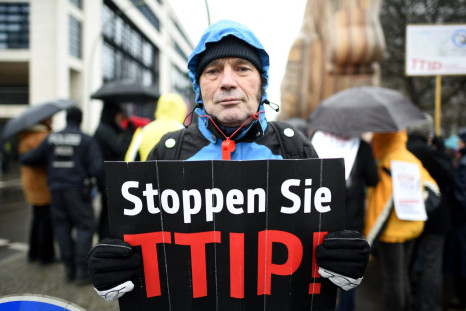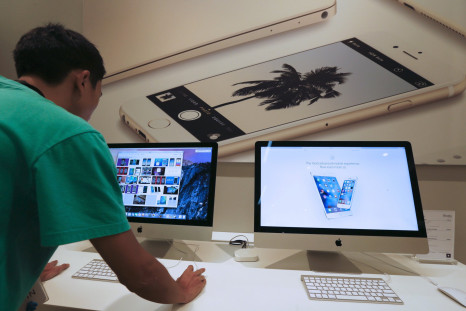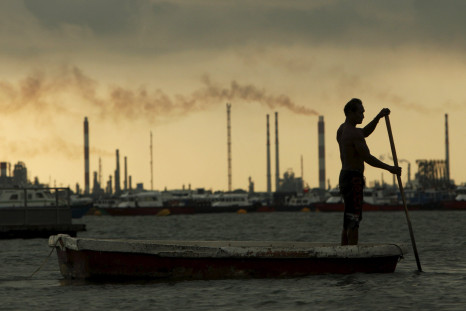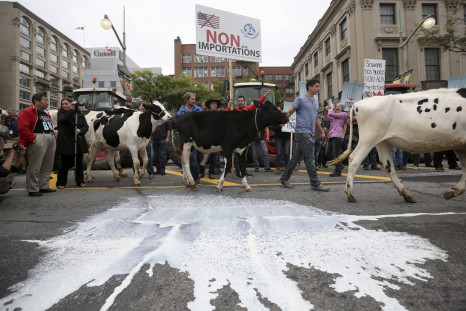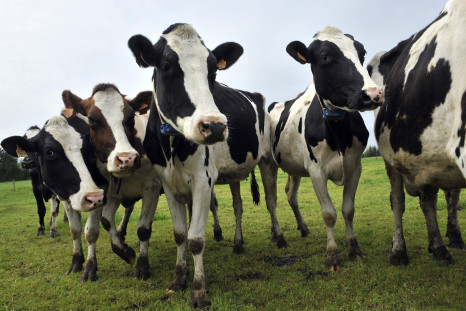Stronger capital controls might be the best option to halt the yuan’s fall, but it would still entail a tremendous loss of face.
Europe’s refugee crisis is about people, but commerce catastrophe looms if the countries can’t agree on a new system that preserves freedom of movement.
Negative interest rates are the strongest ammunition yet that Bank of Japan Gov. Haruhiko Kuroda has used to spur economic growth.
Fired by public sentiment, the European Commission is preparing fresh measures to stop tax avoidance, drawing hints of retaliation from the United States.
Since it’s the only major central bank hiking rates, the Federal Reserve has to contend with a stronger U.S. dollar. That could slow its efforts to end years of cheap money.
Stock markets don’t necessarily offer insight into the broader economy, so seasoned hands are urging investors to take a deep breath.
Developing economies like China, Brazil and Russia face their toughest test in the new year to restart sustainable growth.
China's problems are "a huge adjustment," not a mild correction, one analyst says, and that could have repercussions around the world.
A brutal attack Thursday in Jakarta may not be Indonesia’s most pressing challenge in attracting outside investors.
The Obama administration has U.S. states to grapple with as it draws up new sanctions over ballistic missiles and fends off the GOP.
The slowdown in China’s growth has hit oil prices hard from the demand side, but supply issues could still bring more shocks.
The remedies China needs to stabilize its currency and solidify the basis for strong growth are really trade-offs in disguise.
The government has worrisome problems with its currency and with its equity markets. Can Beijing convince investors it has them both under control?
Beijing wants a steadily weaker renminbi, not a sharply weaker one, pitting its desire for stability against powerful financial markets.
Downward pressure on the yuan will continue into 2016, presenting Beijing with fresh challenges in financial management.
Meet Rob Atkinson, the man helping Qualcomm and other U.S. technology companies critique China's policies, via his foundation.
Major U.S. industries are unenthusiastic about the 12-nation Trans-Pacific Partnership trade deal. So Congress seems unlikely to quickly approve it.
European lawmakers are focused on untaxed revenues of U.S. companies, including tech giants like Apple and Google, auguring a clash with Washington.
The International Monetary Fund on Monday admitted China's renminbi into its basket of currencies -- but whether China will open its capital markets remains to be seen.
With China’s economy stalled, Beijing is facing tough choices about state-owned behemoths that provide jobs but have less economic impact than private-sector counterparts.
The president and major corporations are wooing congressional Democrats, hoping they'll help pass the Trans-Pacific Partnership.
If the Federal Reserve botches its rate hike, money will flee emerging markets, endangering companies that borrowed in dollars and curbing economic growth.
Hillary Clinton opposes the Trans-Pacific Partnership, but the trade pact includes an exemption for a future national infrastructure bank, which she enthusiastically supports.
The newly released text of the Trans-Pacific Partnership shows the Obama administration will make it harder for companies to sue governments under trade deals.
Opposition on the continent to the proposed Transatlantic Trade and Investment Partnership with the U.S. has become a worry for the White House.
The Trans-Pacific Partnership grants electronic data, for the first time, the same international trade protections material goods have.
Officials from the U.S. and Pacific Rim countries clinched a hard-fought free-trade pact that will govern 40 percent of the world’s goods and services.
After years of negotiation, the 12-nation TPP talks are hung up on disagreements over dairy products.
American dairy farmers find there's no hiding from the global free market once you embrace it.
Editor's pick


